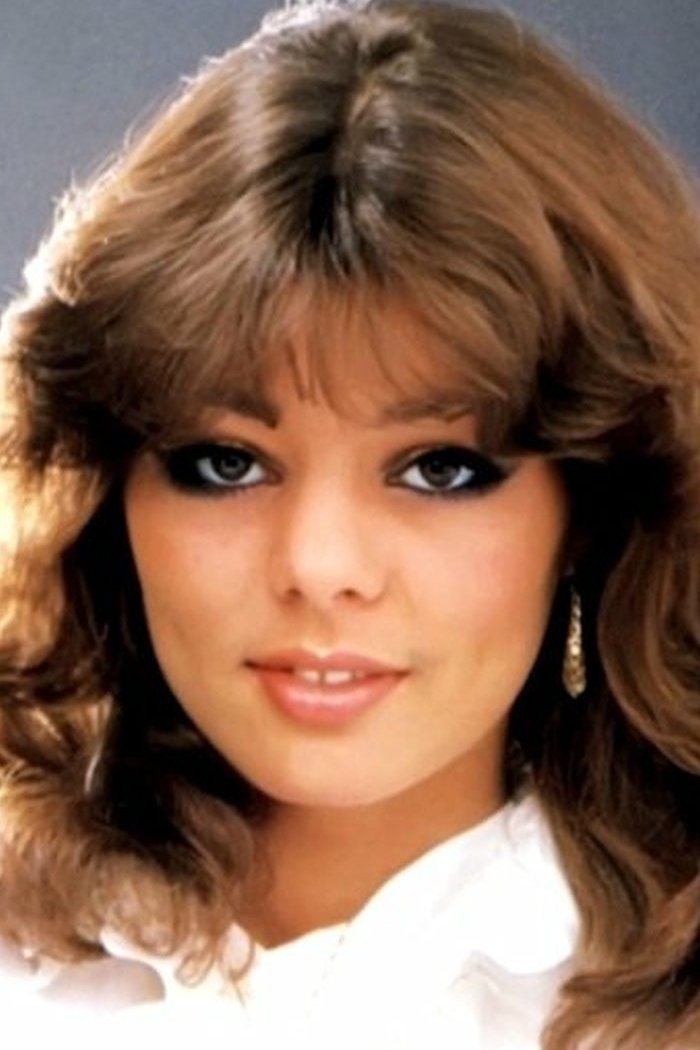
Sandra
Sandra Ann Lauer (born 18 May 1962), later Sandra Cretu, commonly known mononymously as Sandra, is a German pop singer who enjoyed mainstream popularity in the 1980s and early 1990s with a string of European hit singles, produced by her then-husband and musical partner, Michael Cretu, most notably "(I'll Never Be) Maria Magdalena" (1985), "In the Heat of the Night" (1985), "Everlasting Love" (1987), "Secret Land" (1988), "Hiroshima" (1990), and "Don't Be Aggressive" (1992). Her albums Into a Secret Land (1988) and Close to Seven (1992) have won Sandra high critical acclaim. Prior to embarking on a solo career, Sandra was the lead singer of the all-female disco trio Arabesque, which had a massive following in Japan and the Soviet Union. Also, between 1990 and 2001, she provided vocals on album releases of the very successful musical project Enigma, which had top 10 hits in North America and the United Kingdom. A cult star with a devoted fan base, Sandra remains one of the most popular singers of the 1980s in Continental Europe. During the height of her popularity, she even managed to outsell Madonna in a number of countries around the world. With sales in excess of 33 million records worldwide, Sandra has established her position as the most successful German female vocalist. Sandra Ann Lauer was born on 18 May 1962 in the German town of Saarbrücken, close to the French border. Her French-born father, Robert Lauer (1937-2021), owned a wine store in Saarbrücken, and German-born mother, Karin (née Eltern) (1939–2020), worked in a shoe store. Sandra had an older brother, Gaston, a paraplegic who died in 1995. She showed an early interest in music and dancing, taking classical ballet at the age of five and guitar lessons when she was 10. In 1975, at the age of 13, Sandra went with her mother to see Young Star Festival, a Saarbrücken talent competition. She was only a member of the audience, but when the participants had finished performing and the jury was discussing the results, Sandra walked onto the stage and persuaded the DJ to put on the German version of an Olivia Newton-John song. The impromptu performance gained considerable recognition and led to the release of her first single, a song about a pet dog, "Andy mein Freund". The single, however, performed poorly. In 1979, now 17, Sandra joined Arabesque, a disco group consisting of Michaela Rose and Jasmine Vetter, and would become the band's lead singer. At that time, Sandra met keyboardist Michael Cretu. They found that they shared the same birthday, albeit five years apart, and became good friends. Arabesque became successful with their cheerful music and flamboyant costumes, winning a massive following in Japan and scoring a top 10 hit in Germany in 1981 with "Marigot Bay". After nine albums, emerging differences in musical interests of group members and decreasing popularity of disco music signalled the group's break-up. Sandra and Michael Cretu, by then romantically involved, moved to Munich where Michael created his own studio, Data-Alpha, named after a song from his solo album Legionäre. Their first single together was 1984's "Japan ist weit", a German cover of the Alphaville song "Big in Japan". However, the song failed to chart with only 125 copies sold. ... Source: Article "Sandra (singer)" from Wikipedia in English, licensed under CC-BY-SA.
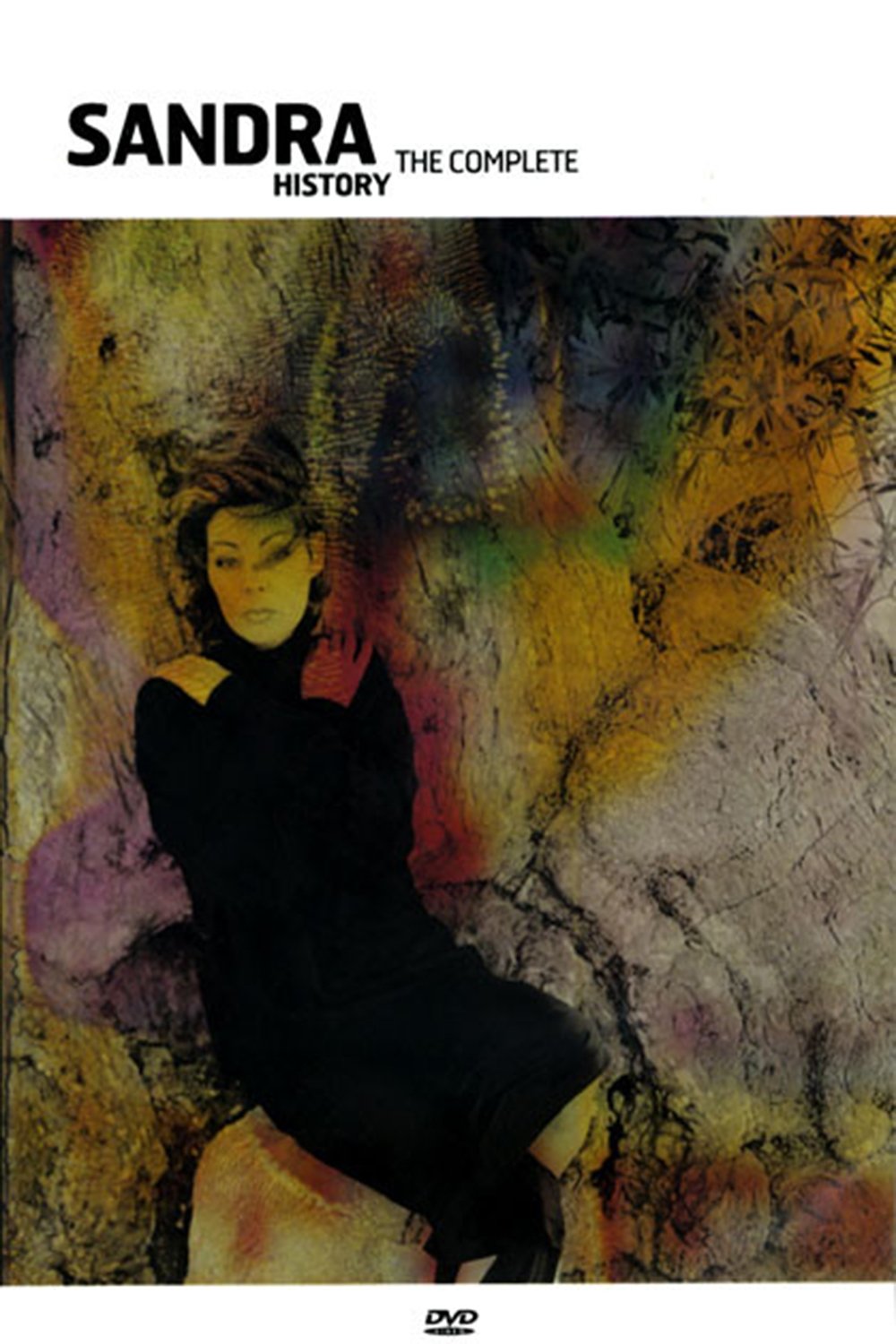
Sandra - The Complete History
(Self)
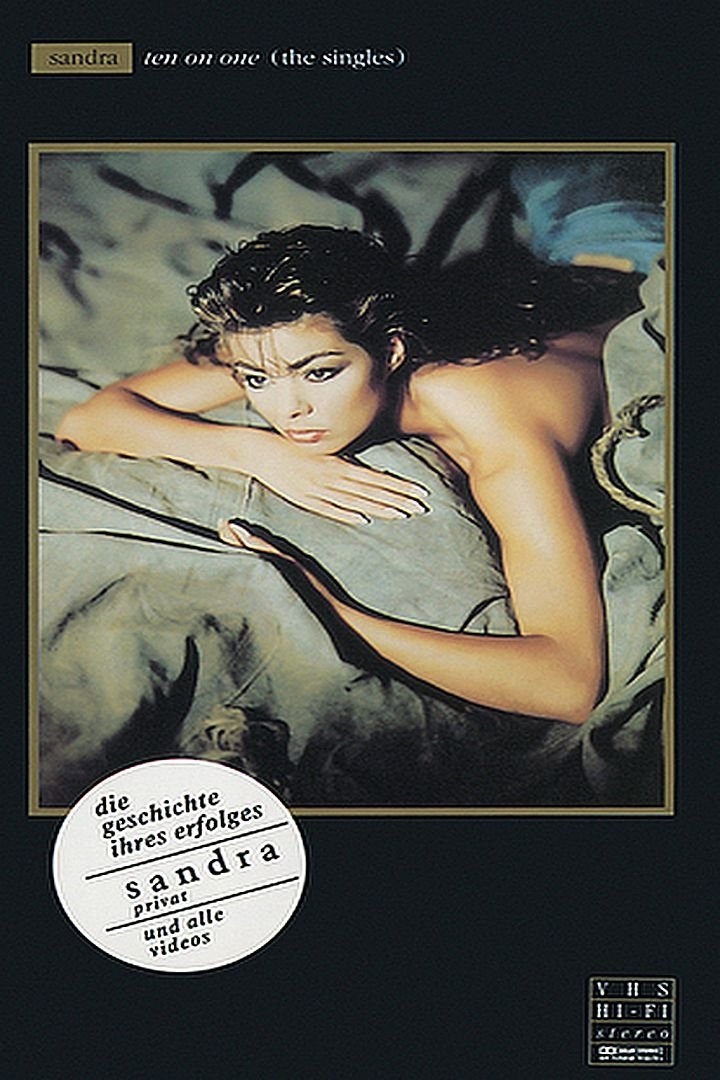
Sandra:Ten On One (The Video)
(Self)
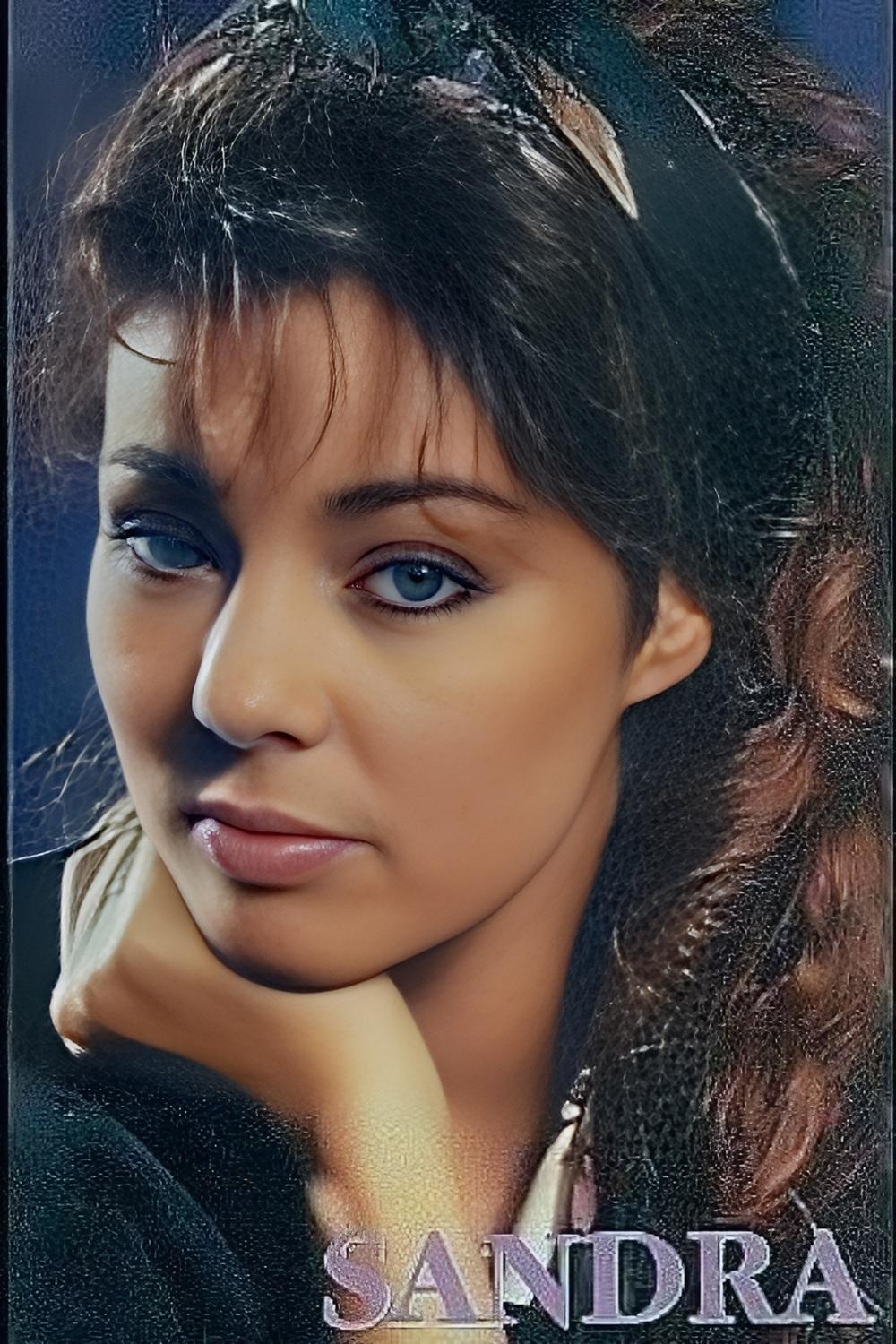
Sandra : Remastered Music Videos
(Self (archive footage))
Die 80er Jahre Show
(Self)
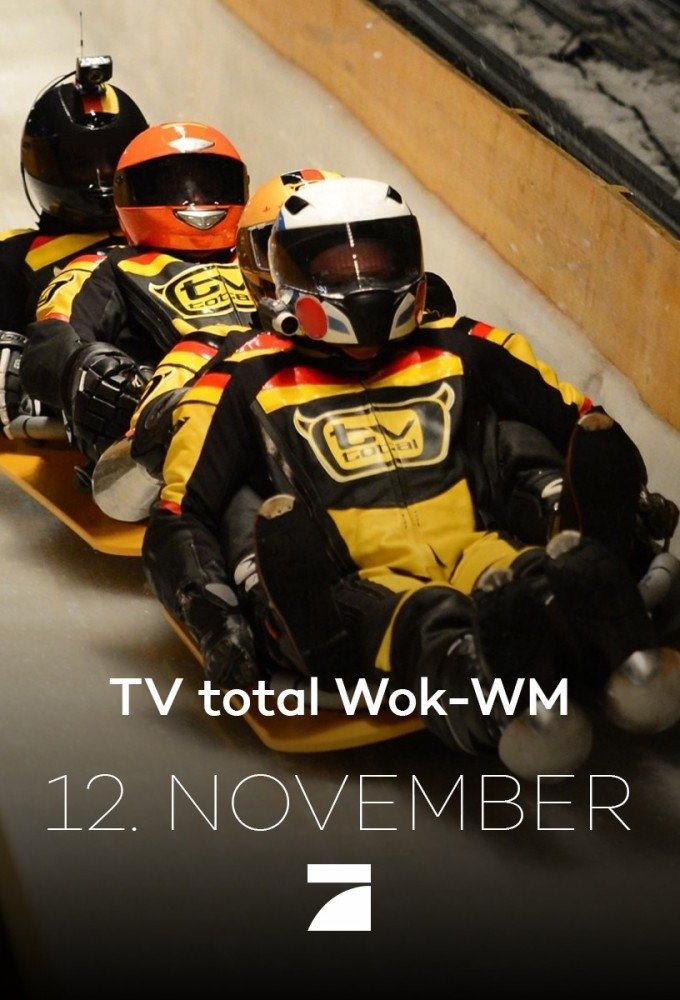
TV total Wok-WM
(Self)
Goldener Löwe
(Self)
ECHO-Verleihung
(Self)

Wer weiß denn sowas?
(Self)
Die ultimative Chartshow
(Self)
Die ZDF-Hitparade
(Self)
Willkommen bei Carmen Nebel
(Self)
Volle Kanne
(Self)
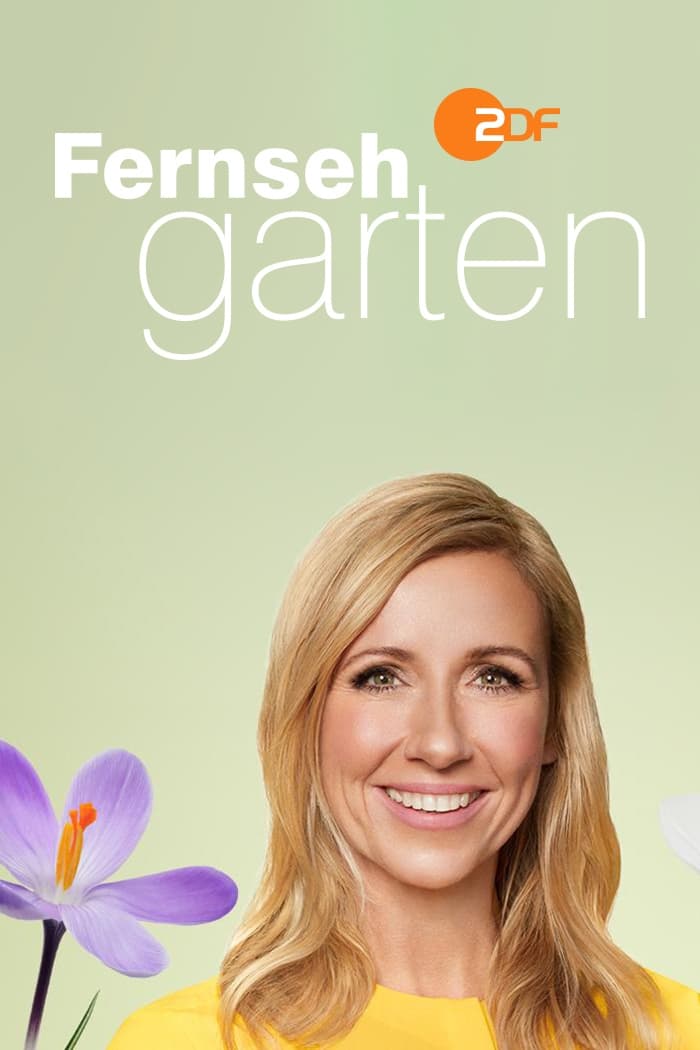
ZDF-Fernsehgarten
(Self)
Quizduell-Olymp
(Self)

Champs-Elysées
(Self)

TV total
(Self)

Verstehen Sie Spaß?
(Self)
4 gegen Willi
(Self)
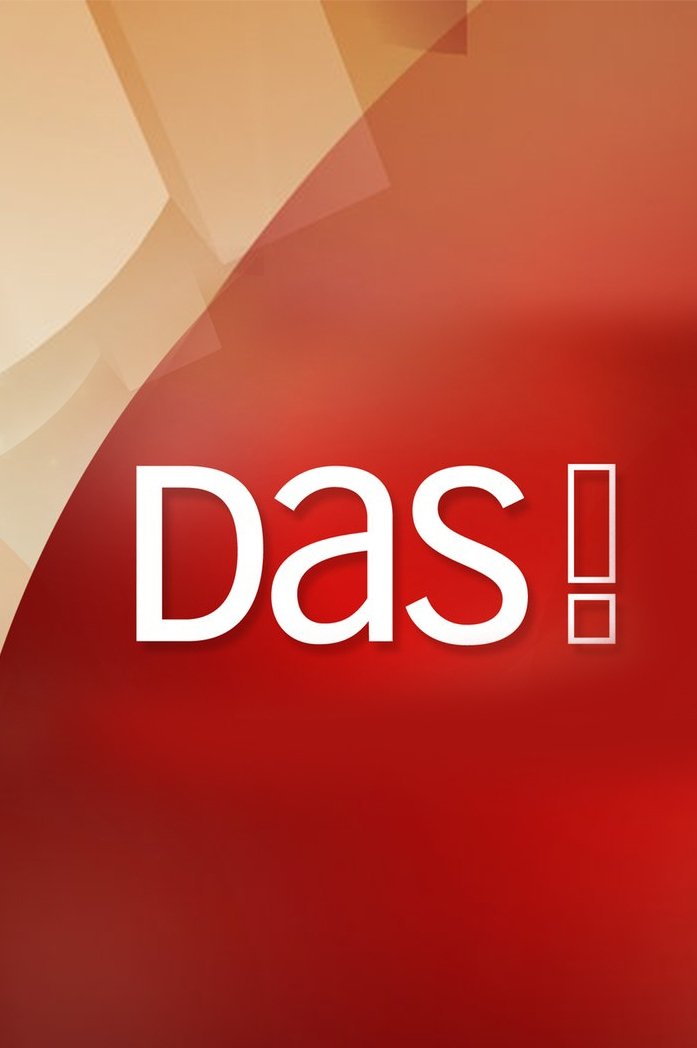
DAS!
(Self)
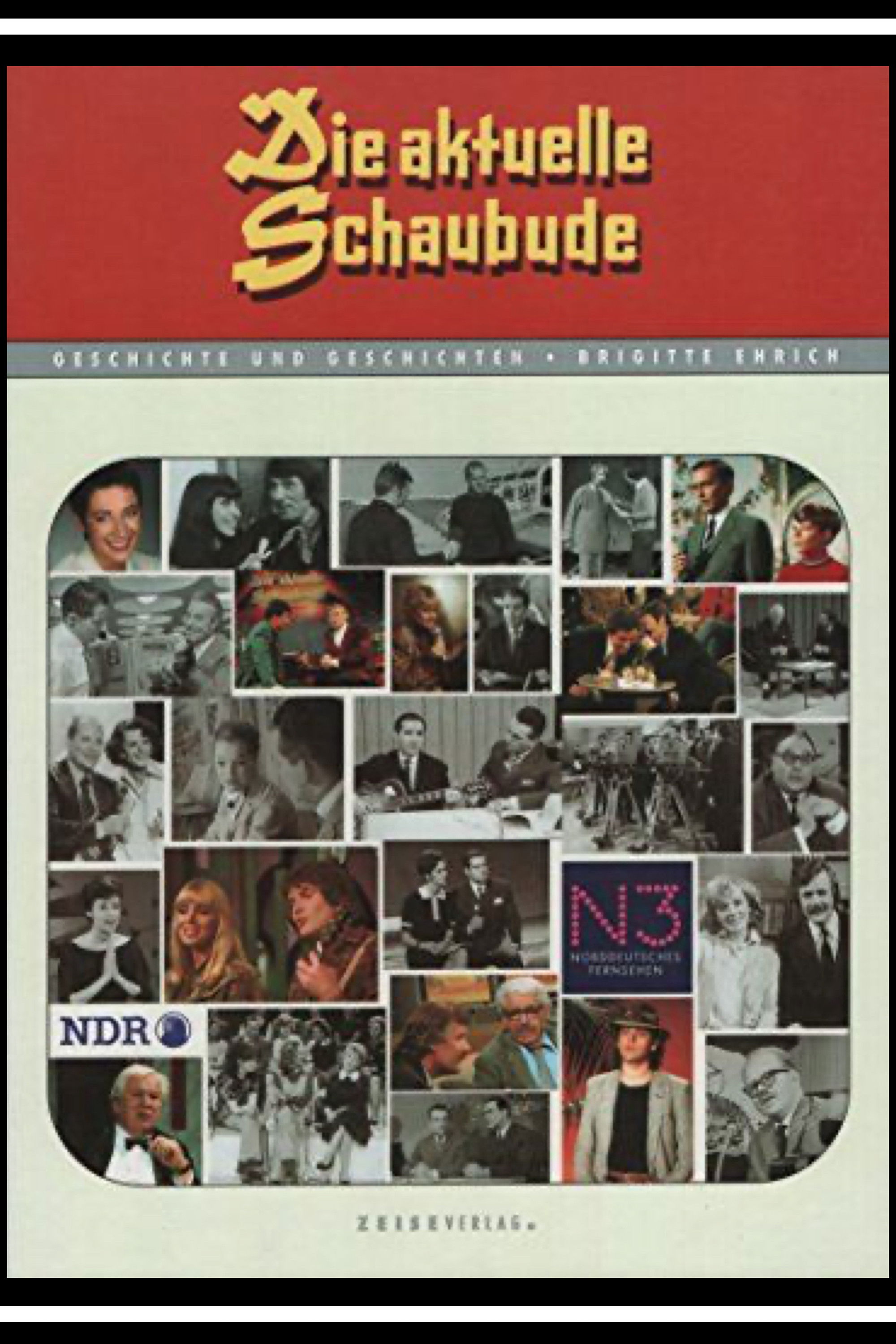
Aktuelle Schaubude
(Self)
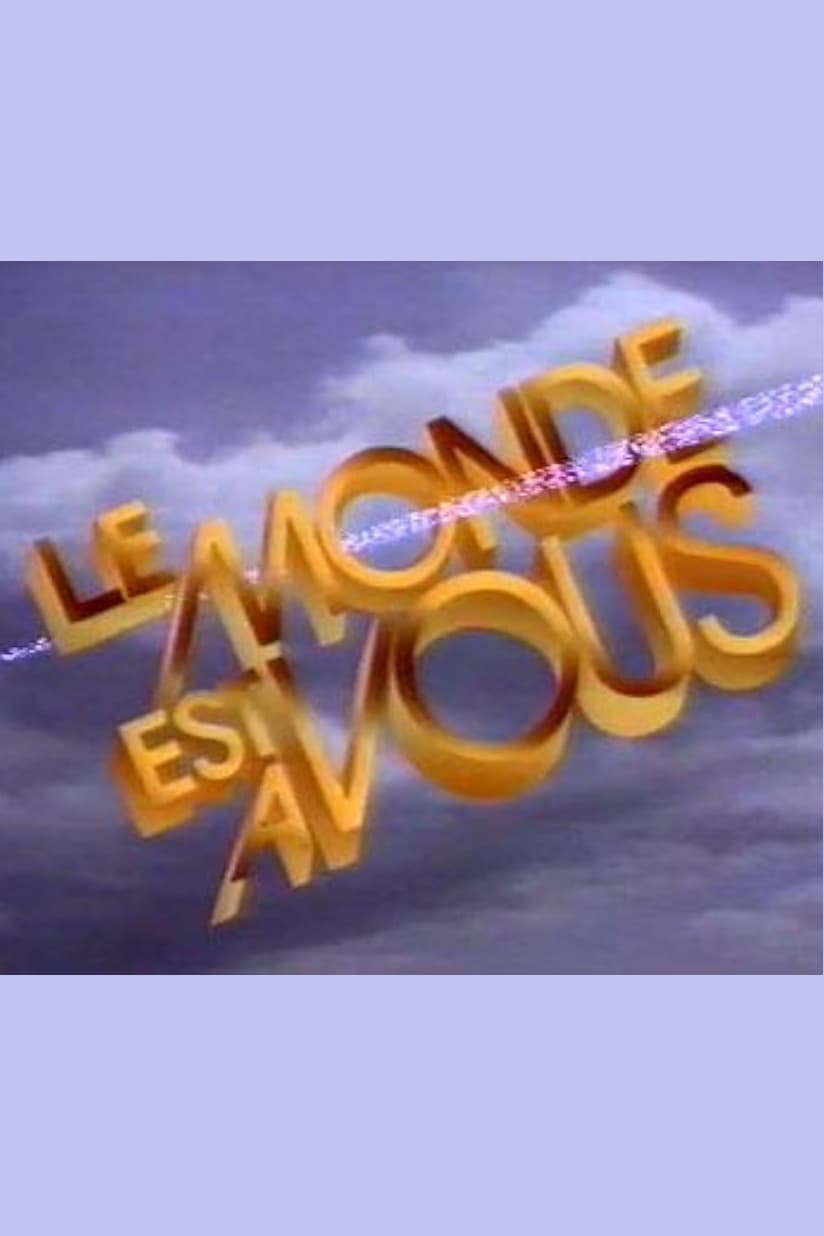
Le monde est à vous
(Self)
ZIBB
(Self)
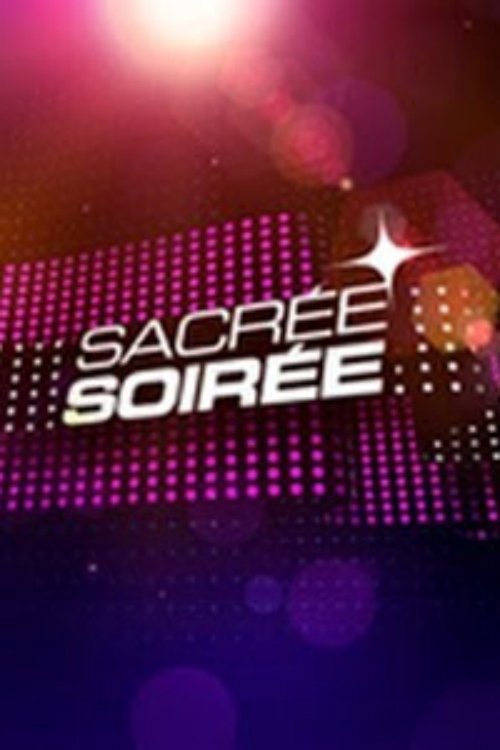
Sacrée Soirée
(Self)